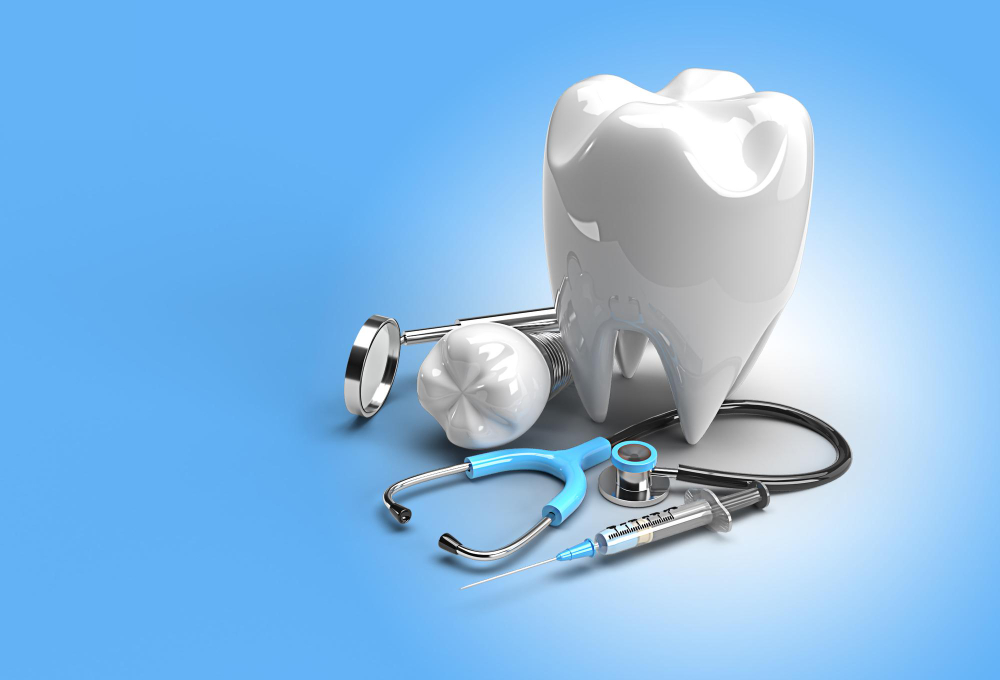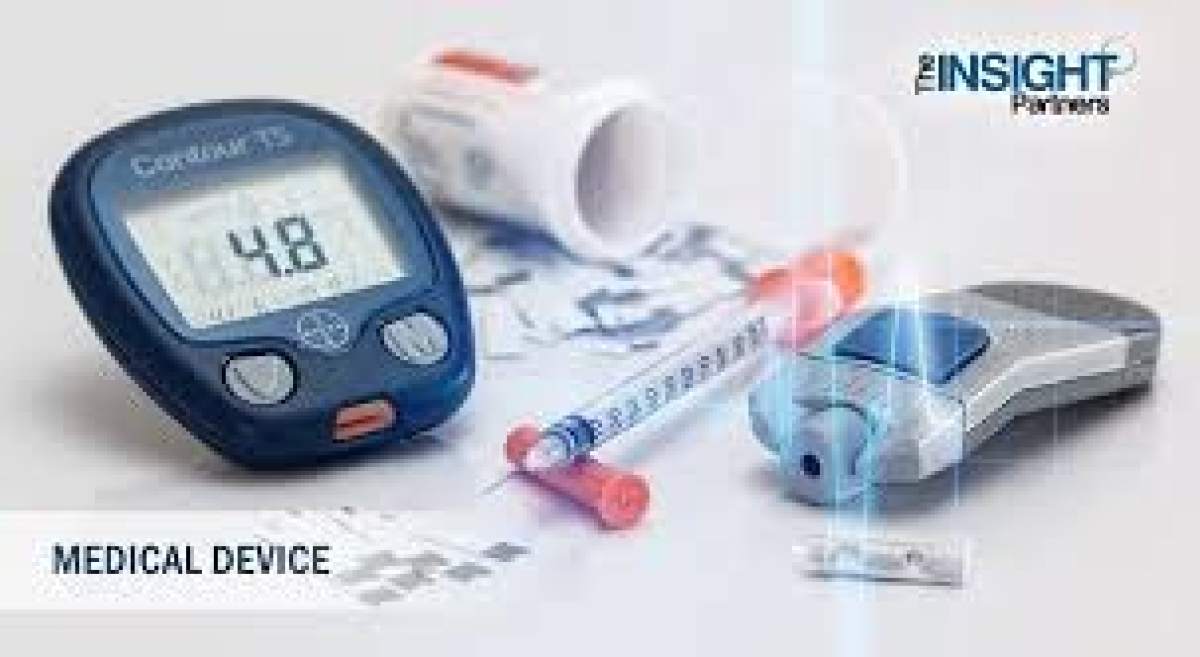If you have dental fillings, you may wonder if certain foods can damage or dislodge them. While dental fillings are designed to be durable, your eating habits can indeed impact how long they last. Avoiding certain hard, sticky, and acidic foods can help maintain your fillings and prevent costly repairs or replacements. Read on to learn what foods to limit and how to make smart dietary choices to extend the life of your fillings. Here, I would like to thank Haddad Dental, a leading dental clinic in Easton PA for providing technical information for this blog.
Hard Foods
Crunchy and hard foods can put excess force on dental fillings, especially soon after they are placed. This can cause fractures or loosening of the filling material. It’s best to avoid very hard foods for at least 24 hours after getting a new filling. After that, you’ll still want to minimize these foods to prevent damage:
- Hard candy and lollipops – The hard exterior and sucking motion places force on fillings.
- Ice – Chewing ice cubes or hard frozen treats can crack filling material.
- Raw vegetables – Carrots, celery, broccoli stems, and other crunchy raw veggies require caution when chewing.
- Popcorn kernels – Hard, dense popcorn kernels need to be avoided.
- Nuts and seeds – All nuts and seeds, especially hard ones like almonds, may impact fillings.
- Hard bread, rolls, and bagels – The dense texture of hard breads and bagels can be problematic.
Sticky Foods
Foods that adhere to your teeth can tug on dental fillings and cause debonding or buildup of bacteria around restoration edges. Limit sticky foods like:
- Dried fruit – Raisins, apricots, and other dried fruit stick to tooth surfaces.
- Sticky candies – Caramels, taffies, gummies, and jellies can grab and pull on fillings.
- Soft breads – Soft white bread and muffins tend to cling to teeth.
- Pasta – Noodles and cooked pasta can stick to areas around fillings.
- Bananas and other soft fruits – Soft, ripe fruits like bananas can adhere to teeth.
Acidic Foods
Beverages and foods with high acid content can cause erosion of dental filling material over time. Acidic foods to avoid include:
- Citrus fruits and juices – Lemon, lime, grapefruit, and orange juice rapidly lower pH in the mouth.
- Vinegar – Oil and vinegar salad dressings contain acetic acid that wears away filling edges.
- Pickles – Pickled foods are cooked in vinegar, which is harsh on fillings.
- Carbonated beverages – Soda, sparkling water, and champagne contain carbonic acid.
- Wine – All types of wine are high in acidity from grapes.
- Coffee and tea – Tannic acid in coffee and tea can erode fillings.
Habits that Damage Fillings
Certain habits can accelerate damage to dental fillings. It’s important to avoid:
- Biting on Hard Objects – Don’t use your teeth to open packages, crack nuts or chew on pens. Use dental instruments instead.
- Nail Biting and Teeth Grinding – These habits put extreme force on fillings and cause fractures. Consider using a mouthguard.
- Brushing Too Soon After Eating – Brushing can abrade the surface of new fillings. Wait at least 60 minutes if possible.
- Improper Flossing – Pulling floss too roughly through contact areas of fillings can cause debonding. Use gentle motions.
- Hard Toothpick Use – Picks can fracture filling edges and cause bacteria to collect in crevices. Use soft picks only if needed.
- Bruxism and Clenching – Involuntary grinding or clenching places damaging lateral forces on restorations. See your dentist about management.
Protecting Your Fillings
While limiting harmful foods and habits is important, don’t overdo avoidance to the point it affects your nutrition. Taking basic precautions allows you to maintain a balanced diet while being filling-friendly:
- Cut harder fruits and vegetables into small pieces before chewing.
- Choose canned, steamed or roasted vegetables instead of raw.
- Select soft breads and gently tear pieces before eating.
- Limit acidic drinks and swish with water after.
- Drink acidic beverages quickly rather than sipping over long periods.
- Rinse your mouth thoroughly after eating sticky foods.
- Wait at least 1 hour after eating before brushing teeth.
- Brush carefully using a soft-bristle toothbrush and gentle motions.
- Have regular dental checkups to monitor your fillings.
See Your Dentist at the First Sign of Issues
Make an appointment right away if you notice any problems with your fillings such as cracking, pain, or loosening. Getting prompt repairs will prevent further decay or damage. Notify your dentist about any dietary habits that seem to cause trouble with your restorations. With proper home care and avoidance of harmful eating, you can maximize the longevity of your dental fillings.
Best Dental Clinic for Dental Fillings in Pennsylvania Haddad Dental
If you are looking for an experienced dental clinic to get dental fillings in Pennsylvania, one of the top choices is Haddad Dental. Dr. Haddad and his team have extensive training in all types of filling procedures and utilize the latest materials and technology to ensure a natural look and feel. Their skilled dentists carefully match the color of composite resin fillings to your exact tooth shade for seamless results. Haddad Dental also offers metal-free ceramic fillings that blend right in. Their compassionate staff explains every step of the filling process and helps you minimize risks and maximize longevity through good oral hygiene. Patients rate Haddad Dental highly for their gentle touch, precision, and care. If you need an expert dental clinic for fillings in Pennsylvania, call Haddad Dental today.





